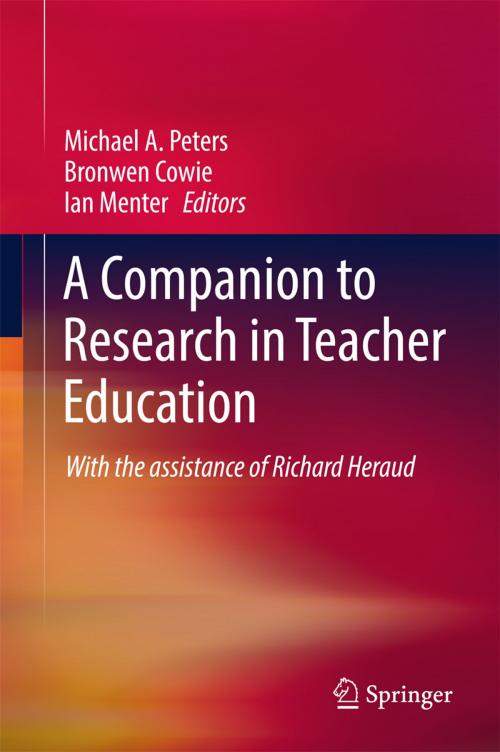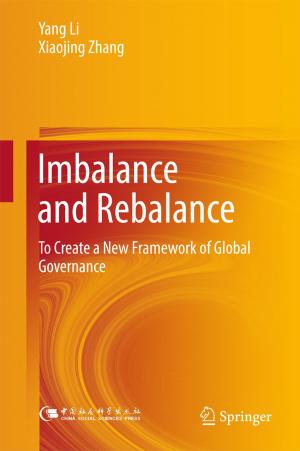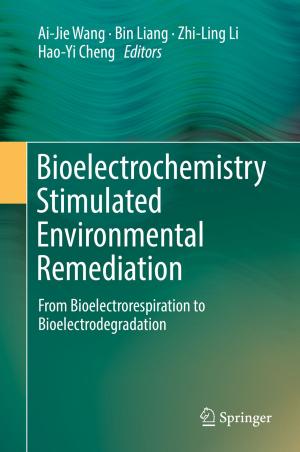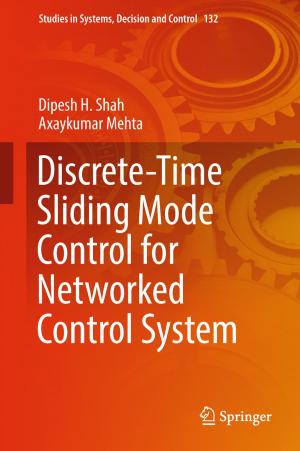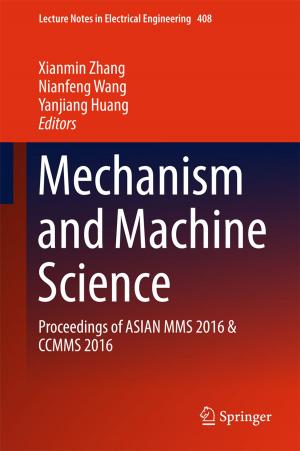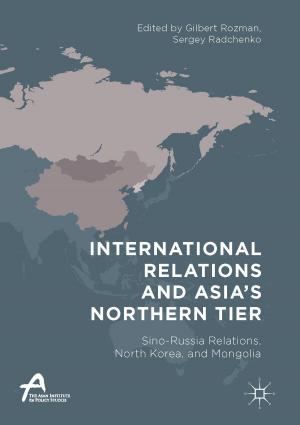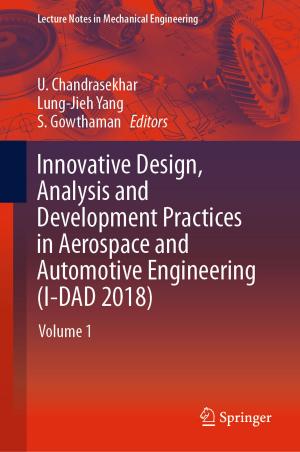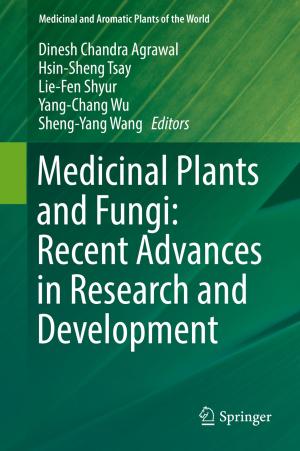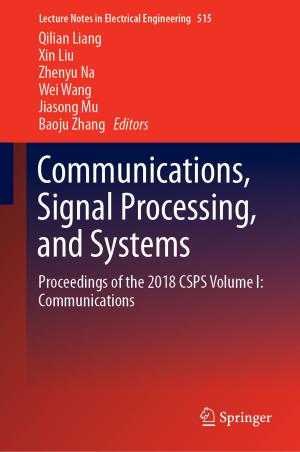A Companion to Research in Teacher Education
Nonfiction, Reference & Language, Education & Teaching, Counseling & Guidance, Educational Theory, Educational Reform| Author: | ISBN: | 9789811040757 | |
| Publisher: | Springer Singapore | Publication: | May 31, 2017 |
| Imprint: | Springer | Language: | English |
| Author: | |
| ISBN: | 9789811040757 |
| Publisher: | Springer Singapore |
| Publication: | May 31, 2017 |
| Imprint: | Springer |
| Language: | English |
This state-of-the-art Companion assembles and assesses the extant research available on teacher education and provides clear guidelines on future directions. It addresses an important need in a collection that will be of value for teachers, teacher educators, policymakers and politicians.
There has been little sustained, long-term or systematic research to provide empirical support for the broad aspects of teacher education policy, largely because such research has been chronically underfunded and based on traditional practitioner knowledge. Many of the changes to teacher education are contentious and yet are occurring in rapid succession. These policies and movements have important consequences for education, teacher quality and the future of the teaching profession.
At the same time, the policies and initiatives that support these changes seem to be based more on ideology, business interests and tradition than on research and empirical findings. The nature, quality and effectiveness of teacher preparation have increasingly become a central focus for education policy worldwide in a fiercely argued debate among governments, think-tanks, world policy agencies, education researchers and teacher organisations.
This state-of-the-art Companion assembles and assesses the extant research available on teacher education and provides clear guidelines on future directions. It addresses an important need in a collection that will be of value for teachers, teacher educators, policymakers and politicians.
There has been little sustained, long-term or systematic research to provide empirical support for the broad aspects of teacher education policy, largely because such research has been chronically underfunded and based on traditional practitioner knowledge. Many of the changes to teacher education are contentious and yet are occurring in rapid succession. These policies and movements have important consequences for education, teacher quality and the future of the teaching profession.
At the same time, the policies and initiatives that support these changes seem to be based more on ideology, business interests and tradition than on research and empirical findings. The nature, quality and effectiveness of teacher preparation have increasingly become a central focus for education policy worldwide in a fiercely argued debate among governments, think-tanks, world policy agencies, education researchers and teacher organisations.
